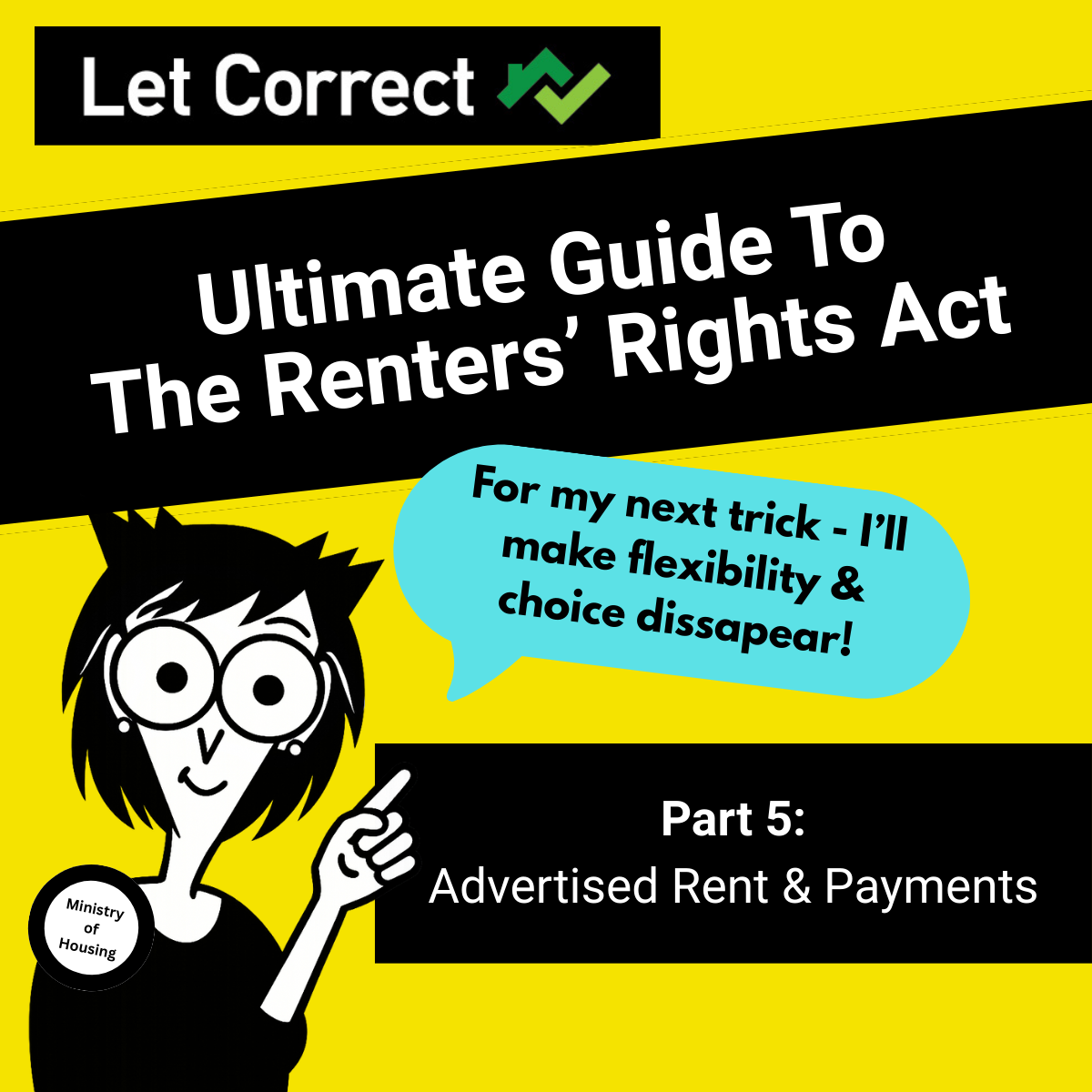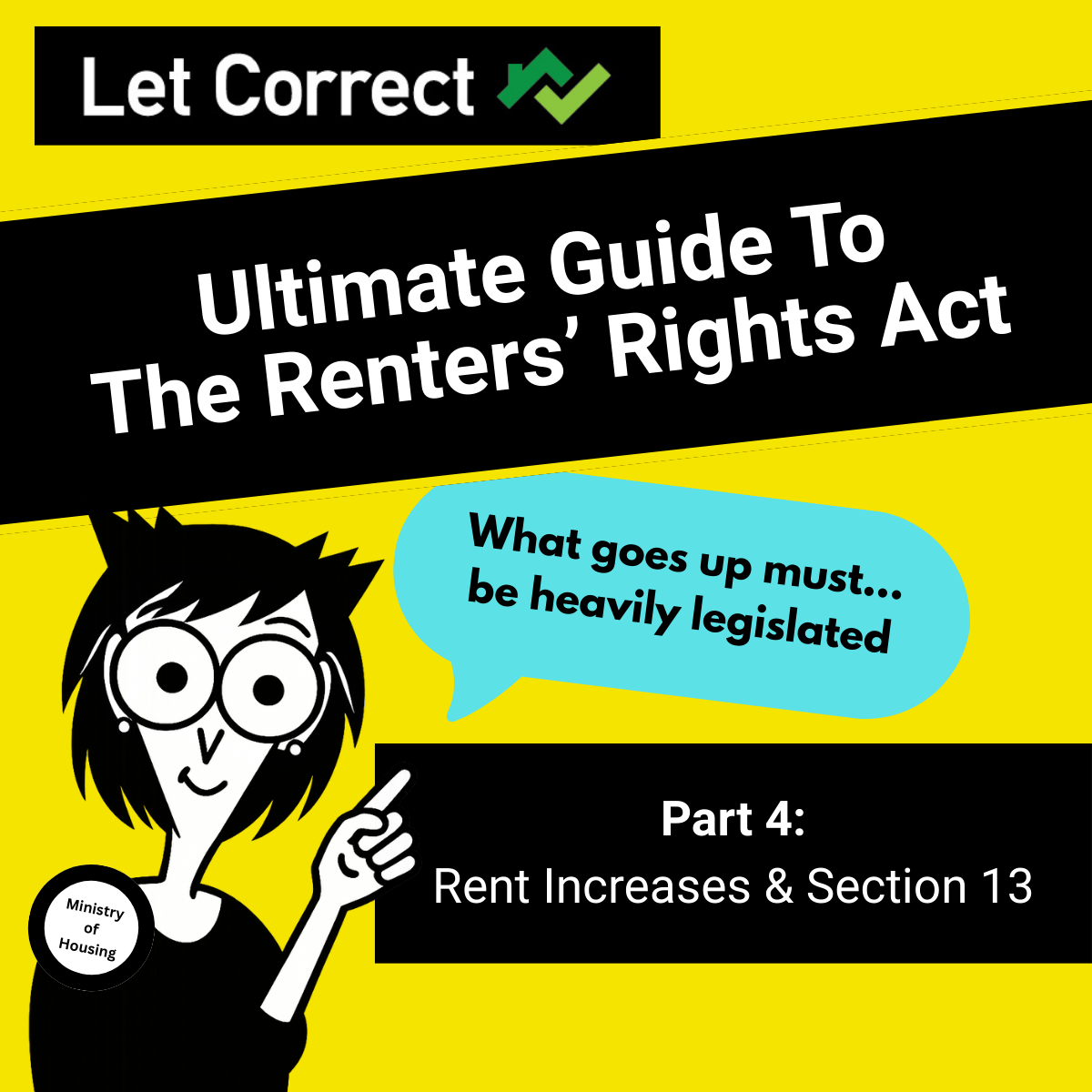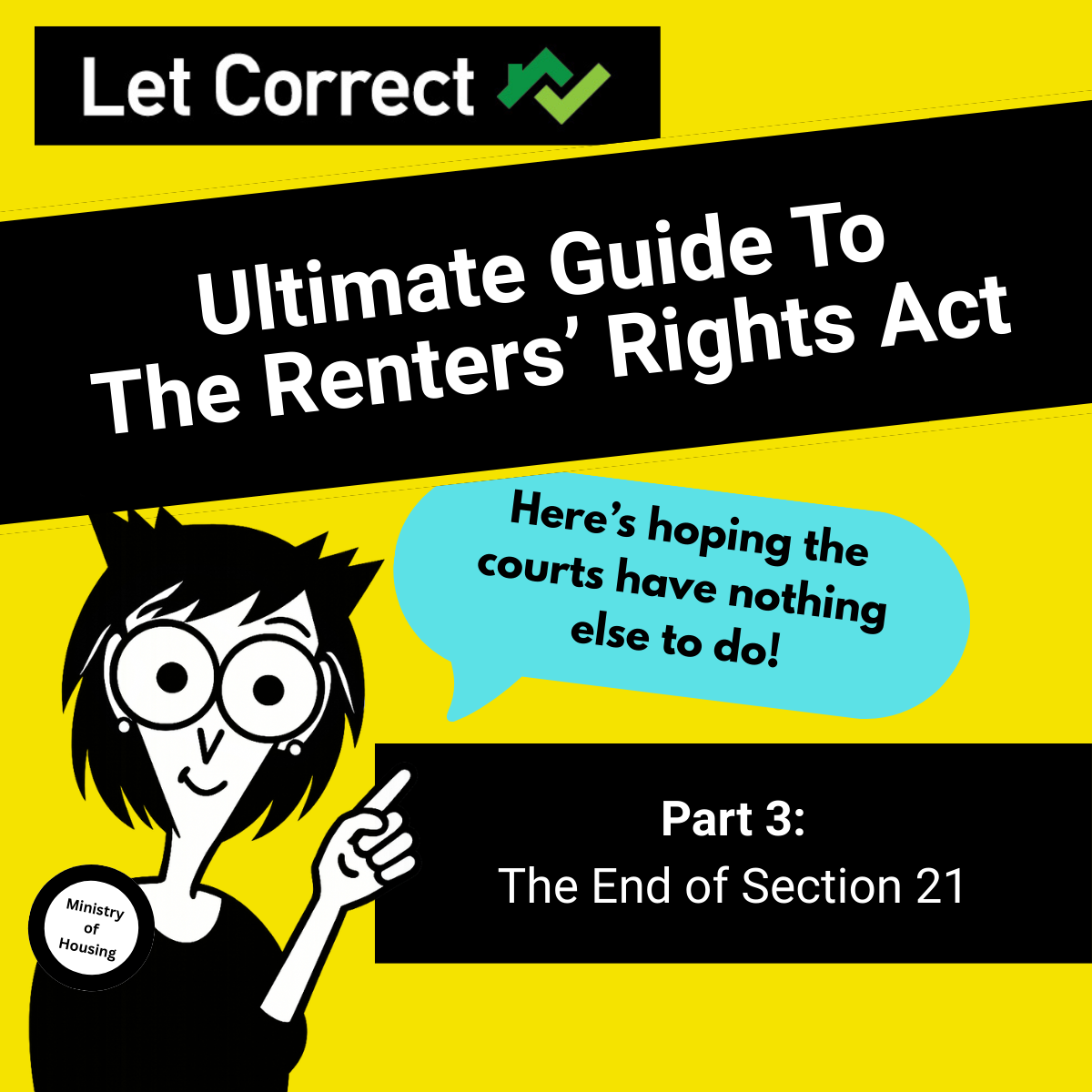The End of Section 21 ‘No-Fault’ Evictions - What it means for Sheffield Landlords
ASTs are ending. Landlords must adapt to rolling tenancies, no Section 21, and stricter rules to regain possession. Act now.

What the End of Assured Shorthold Tenancies (ASTs) Really Means for You as a Landlord: Understanding the Impact of the Upcoming Renters Rights Bill
As a landlord, you’ve likely heard about the government’s upcoming Renters Rights Bill, but one of the most significant changes not many landlords may be aware of yet is the end of Assured Shorthold Tenancies (ASTs).
This isn’t just legal jargon or administrative reshuffling. It’s a fundamental change in how tenancies in England will operate, and it could have a real impact on your ability to manage your property the way you do now.
The End of ASTs — Open-Ended Tenancies
Under the new Bill, ASTs will no longer exist. Instead, all tenancies will be periodic from the start, with no fixed term — just a rolling, month-to-month agreement that continues until the tenant or landlord ends it legally.
This means you won’t be able to offer a 6- or 12-month tenancy agreement anymore. There’ll be no “end date” you can rely on to take the property back, unless you can meet specific legal criteria.
No More Section 21: A Major Change in How You Regain Possession
If you've used Section 21 to end tenancies in the past — for example, when selling the property, moving in, or simply changing plans — this route will come to an end. Section 21 has been the go-to option for landlords to regain possession without giving a specific reason. With the Renters Rights Bill, that option is being removed.
From now on, you’ll need to use Section 8, which means providing a legal ground for ending a tenancy.
A Problem Many Landlords Haven’t Yet Considered
Here’s where this change might affect you more than you expect:
You will no longer have a guaranteed date to take your property back — even if you need it for personal reasons like selling or moving in.
Under the current system, you can plan ahead with a fixed-term tenancy. Maybe you let your property while working abroad, with the intention of moving back in a year. Or perhaps you're timing a sale with a tenant's agreement ending.
With periodic-only tenancies and no Section 21, those timelines disappear.
Under the revised Section 8 rules will include grounds like “landlord wants to sell” or “landlord wants to move back in” — but:
- You’ll need to prove it.
- You’ll be required to give a longer notice period.
- In some cases, you won’t be able to re-let the property for months afterward.
- Tenants may challenge your notice in court.
So, even if you have a genuine reason to reclaim your property, you may face delays, scrutiny, and unexpected barriers — especially if timelines matter to your financial or personal plans.
What You Can Do Now
Although the Bill is not law yet, it’s progressing through Parliament, and change is on the horizon. Now is the time to prepare:
- Review your portfolio and your future plans. If you’re counting on a property being vacant at a certain time, assess how the new rules might complicate that.
- Familiarise yourself with the proposed new Section 8 grounds. Understanding them now gives you a strategic advantage later.
- Be more selective with tenants. With less flexibility to end a tenancy, strong tenant referencing and clear communication will become even more important.
Final Thoughts
The end of ASTs isn’t just a technical update — it’s a shift in control. The Renters Rights Bill will give tenants more security, but that also means landlords will have less flexibility to manage their own properties on their own terms.
Planning ahead is no longer optional — it’s essential. Whether you're a hands-on landlord or working with a property manager, the sooner you adapt to these changes, the better protected you’ll be.
If you’d like help understanding how the new rules could affect your portfolio, or you’re unsure how to prepare for the transition, don’t hesitate to get advice. Staying informed is your best defence in a fast-changing rental landscape.
Stay ahead in Sheffield’s evolving rental market! Whether you're looking to maximise rental income, attract quality tenants, or navigate new regulations, expert guidance can make all the difference. Get in touch with your local Let Correct lettings specialist today for a free, no-obligation rental market consultation and make informed decisions for your Sheffield BTL properties.



